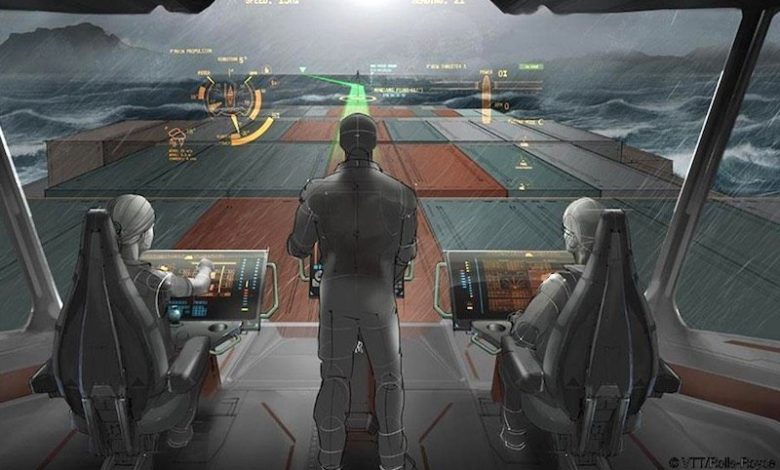Training strategies for millennials

Speaking at CrewConnect today in Manila, Anglo-Eastern’s Captain Pradeep Chawla makes the case for changing how training institutions operate. “Dealing with the millennials and Gen Z will be a challenge for many salty seafarers of today,” he told delegates in a great speech.
Ships have changed dramatically over the last thirty years. The seventies and eighties were the era of general cargo ships and today we have 20,000 teu container vessels and 400,000 tonne bulk carriers.
The hot and leaking engine rooms have been replaced with electronic engines controlled by computers. Sextants, paper charts and Decca have been replaced by GPS, Glonass and ECDIS. We have moved from Morse code and telex to VSAT and WhatsApp.
Our world has changed. Conversations have been replaced by Instagram and Vimeo. Values of obedience and respect have been replaced by the question ‘Why?’
The competencies required by the seafarers today and for the next 30 years have also changed.
The future mariner will have to:
- Process large amounts of data
- Focus on critical issues
- Work with remote teams operating from ashore
- Understand and recognize the limitations and dangers of automation
- Manage continuous and rapid changes
- Learn continuously
- Communicate effectively
- Deal with increased stress, and
- Be an effective and understanding leader
Dealing with the millennials and Gen Z will be a challenge for many salty seafarers of today.
The teaching methods need to change and keep pace with the times. The methods must be chosen according to the learning outcomes desired, taking into the habits of the present day and future students.
Lots of research has been done on the qualities of the millennials. Some of the key findings are:
- Short span of attention (8 to 10 secsonds)
- Love for technology
- Love for video games
- Preference for blogs and social media
- Need for instant feedback (Likes!)
- Dislike for authority
- ‘Why’ is more important than ‘How’ to do a job.
This may be daunting to an old school teacher, but remember that the methodology used is only the means to reach the goal.
The goal is to ensure competency to operate a ship safely and efficiently.
Methods can be changed/ improvised or combined based on student’s background, age and learning styles.
Some ideas that work well in my experience are:
- Textbooks will need to be replaced by e-books.
- Libraries will have to be replaced by web-based learning management systems.
- Learning content will need to be digital and preferably with lots of video content.
- Use of simulators will continue to grow. Students will be expected to have their competency assessed with the use of such simulators.
- Student response systems will be increasingly used, to get and exchange instant feedback with the students.
- Virtual reality and augmented reality are thriving technologies as they provide a completely immersive experience. Imagine the possibilities of going into tanks and inaccessible or hazardous spaces in the virtual world. VR is proving to be extremely useful for assessments too.
- Micro learning will also become more popular with the millennials due to their short attention spans.
- Some traditional methods of group discussions continue to appeal to the youngsters.
- Hands-on training will continue to remain an important element for building competencies. However, more and more of this training will be done in shore-based training centres as time available on board is limited, considering the rest hour regulations.
Teachers must not forget that competency includes knowledge, skill and attitude to work. All training is ineffective if the attitude to work is not right.
It is for this reason that soft-skills will become even more critical in the future and must form a significant part of competency building. Various studies have proven that lack of knowledge or skill was not the root cause in most of the major accidents.
The ability to continuously adapt to rapid changes will be a critical competency going forward.
As Jack Welsh (former CEO of GE) aptly said that “If the rate of change on the outside exceeds the rate of change on the inside, the end is near.”
It is time for training institutions to change themselves to survive.
Splash will be reporting from CrewConnect, the world’s largest event in maritime human resources, all week.
